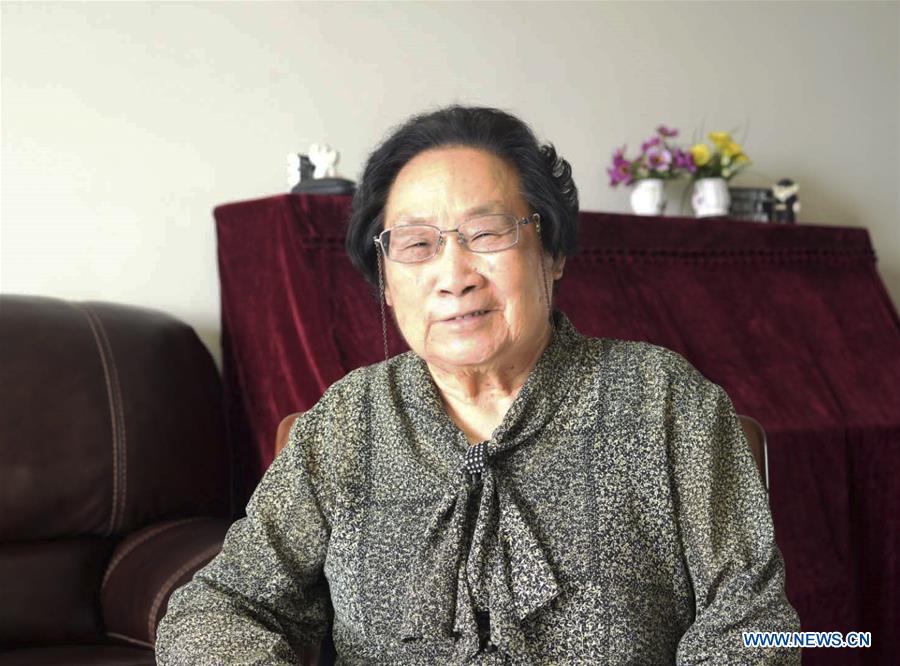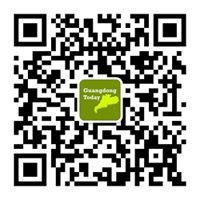
Chinese Nobel laureate Tu Youyou announced Monday that her team has proposed solutions to the problem of artemisinin resistance, providing new evidence that artemisinin is still "the best weapon" against malaria, the world's No. 1 insect-borne infectious disease.
As the winner of the 2015 Nobel Prize for the discovery of artemisinin, Tu said that the drug resistance has remained a big challenge to fighting malaria.
Tu's team has been devoted to the study of the resistant mechanism since 2015 and discovered that partial artemisinin resistance is actually a delay in the clearance of malaria parasites from the bloodstream following treatment with combination therapy.
The 89-year-old scientist explained that plasmodia can enter a state of dormancy during the three-day Artemisinin Combination Treatment (ACT), while they also develop a resistance to partner drugs. But if the treatment period is extended to five to seven days and the partner drugs are replaced, the artemisinin resistance can be solved and plasmodia can be killed.
A paper on the study was published on the April issue of the New England Journal of Medicine (NEJM).
Pedro L. Alonso, director of the Global Malaria Programme of the World Health Organization (WHO), said the article published by Tu and her colleagues on NEJM, a top peer-reviewed journal, has demonstrated the excellence of her research ability. Billions of malaria cases have been treated through artemisinin-based combination therapies.
Artemisinin and its derivatives are known for their ability to swiftly reduce the number of parasites in the blood of patients with malaria and have saved millions of lives worldwide. WHO recommends ACTs as the first and second line treatment for malaria, which inflicts over 400,000 deaths every year worldwide.
The artemisinin resistance was formerly verified in the Greater Mekong river basins.
Tu said that treatment failures with ACTs are often directly attributed to the partner drug, which can be addressed by replacing the partner drug. For example, mefloquine plus artesunate can be switched to DHA with piperaquine if the former fails to deliver positive results.
Artemisinin substances are extracted from Qinghao, a kind of Chinese medicinal herb which has been used for more than 2,000 years in China for treating infectious diseases.
Since 2017, no malaria cases have been reported in China, indicating that the epidemic has been eradicated in the country. China has continued to carry out research on malaria control and prevention and develop artemisinin-based antimalarial drugs for the fight against the disease globally.
"Global malaria control is in line with the thrust of the Chinese government's initiative to build a community with a shared future for humanity," said Alonso. "The antimalarial research work carried out by Tu Youyou's team is groundbreaking, outstanding and immeasurable."
During the past three years of research, Tu's team has found that Artemisinins are also highly effective in treating Lupus Erythematous. Collaborating with 15 institutes nationwide, her team started clinical trials of the treatment in May 2018.
So far, 14 out of 500 applied domestic and foreign volunteer patients have been treated with the therapy. No unanticipated negative effects occurred. The three-phase trials will continue with an appraisal for China's official approval of the therapy to be expected around 2026.
Tu's Artemisinins-based research has helped draw more international attention to Traditional Chinese Medicine (TCM). Oxford University has invited Tu to add a chapter to the Oxford Medical Textbook (6th Edition).
The 6,000-word chapter entitled "Traditional Medicine Exemplified by Traditional Chinese Medicine" has been finalized. It is divided into four parts, explaining TCM, Artemisinin and other TCM's discovery history, their mechanisms and clinical applications. In April, Oxford University Press, the publisher, began proofreading the book.
Professor Timothy M. Cox, the editor of the Oxford Textbook of Medicine, said Tu Youyou's team has accomplished the work of integrating traditional Chinese and Western medicine. The chapter on TCM is important and in-depth so the world medical community can have a deep understanding of TCM.
Currently, the main challenge of TCM lies in the differences of evidence-based medicine, prohibiting TCM drugs including Artemisinins to enter the world's mainstream pharmaceutical markets. "All scientific research must be supported by solid data, evidence and well-designed protocols in order to comply with international medical standards and be accepted by the international community," said Alonso.
Although Chinese antimalarial drugs are highly effective and popular in African countries, the WHO spends a significant amount of its annual government procurement antimalarial funding mainly on foreign rather than Chinese pharmaceutical companies.
Xie Zheng, a technical officer of the WHO, said the production lines of Chinese pharmaceutical enterprises do not meet the WHO GMP technical standards and are difficult to obtain pre-qualification. They can only commission foreign pharmaceutical enterprises that meet the standards or go abroad in the way of government procurement.
China has made it a national strategy to encourage evidence-based medicine research and GMP standard construction so pharmaceutical enterprises can speed up the transformation of their production lines to obtain WHO certification and approval, said Liao Fulong, a senior researcher with Tu's team.




